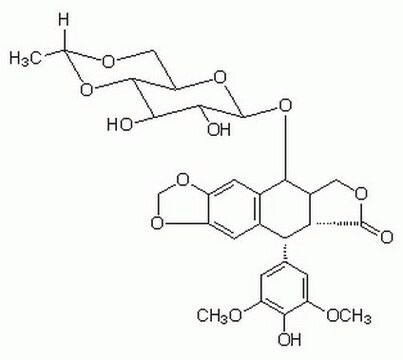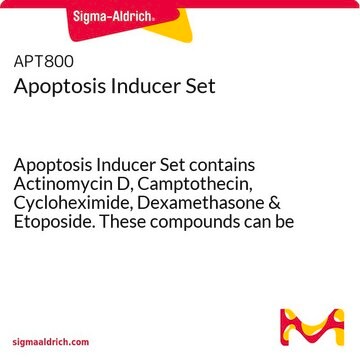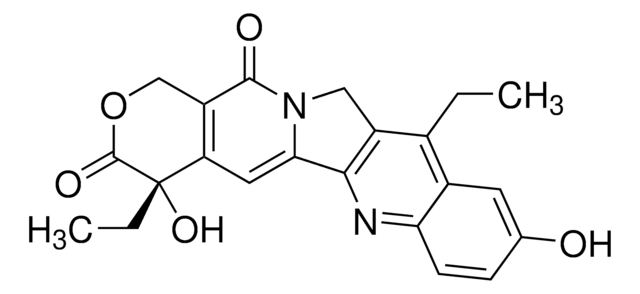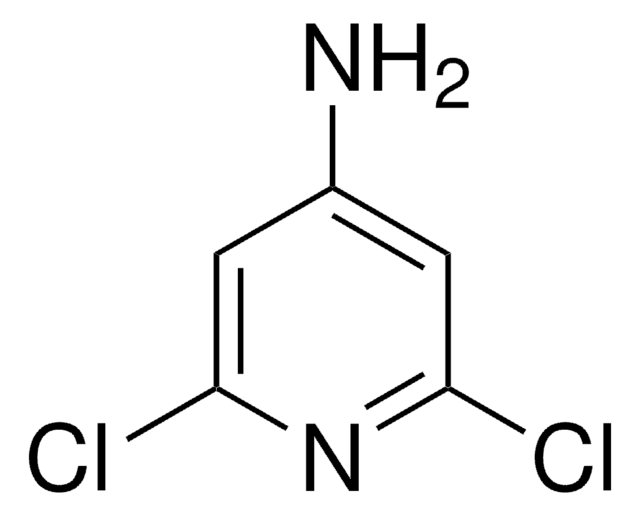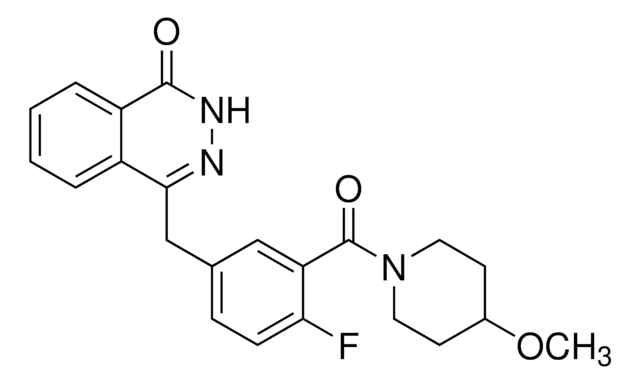208925
(S)-(+)-Camptothecin
from Camptotheca acuminata, ≥95% (HPLC), solid, DNA topoisomerase I inhibitor, Calbiochem
Synonym(s):
Camptothecin, Camptotheca acuminata, 4-Ethyl-4-hydroxy-1H-pyrano[3ʹ,4ʹ:6,7]indolizino[1,2-b]quinoline-3,14(4H,12H)dione
About This Item
Recommended Products
Product Name
Camptothecin, Camptotheca acuminata, A cell-permeable DNA topoisomerase I inhibitor.
Quality Level
Assay
≥95% (HPLC)
form
solid
manufacturer/tradename
Calbiochem®
storage condition
OK to freeze
color
pale yellow
solubility
DMSO: 10 mg/mL
methanol: 40 mg/mL
shipped in
ambient
storage temp.
2-8°C
SMILES string
N21Cc3c(nc5c(c3)cccc5)C2=CC4=C(COC(=O)[C@]4(O)CC)C1=O
InChI
1S/C20H16N2O4/c1-2-20(25)14-8-16-17-12(7-11-5-3-4-6-15(11)21-17)9-22(16)18(23)13(14)10-26-19(20)24/h3-8,25H,2,9-10H2,1H3/t20-/m0/s1
InChI key
VSJKWCGYPAHWDS-FQEVSTJZSA-N
General description
Biochem/physiol Actions
DNA topoisomerase 1
Warning
Preparation Note
Reconstitution
Other Notes
Staron, K., et al. 1994. Carcinogenesis 15, 2953.
Tanizawa, A., et al. 1994. J. Natl. Cancer Inst. 86, 836.
Gorczyca, W., et al. 1993. Toxicol. Lett.67, 249.
Onishi, Y., et al. 1993. Biochim. Biophys. Acta1175, 147.
Pantazis, P., et al. 1993. Int. J. Cancer53, 863.
Morham, S.G., and Shuman, S. 1992. J. Biol. Chem.267, 15984.
Hertzberg, R.P., et al. 1990. Biochem. J.28, 4629.
Hertzberg, R.P., et al. 1990. J. Biol. Chem.265, 19287.
Hsiang, Y.H., et al. 1985. J. Biol. Chem.260, 14873.
Legal Information
Signal Word
Danger
Hazard Statements
Precautionary Statements
Hazard Classifications
Acute Tox. 3 Oral - Muta. 1B
Storage Class Code
6.1C - Combustible acute toxic Cat.3 / toxic compounds or compounds which causing chronic effects
WGK
WGK 3
Flash Point(F)
Not applicable
Flash Point(C)
Not applicable
Certificates of Analysis (COA)
Search for Certificates of Analysis (COA) by entering the products Lot/Batch Number. Lot and Batch Numbers can be found on a product’s label following the words ‘Lot’ or ‘Batch’.
Already Own This Product?
Find documentation for the products that you have recently purchased in the Document Library.
Customers Also Viewed
Our team of scientists has experience in all areas of research including Life Science, Material Science, Chemical Synthesis, Chromatography, Analytical and many others.
Contact Technical Service

